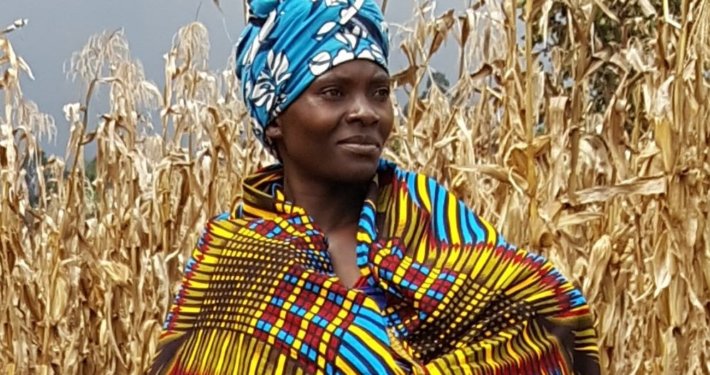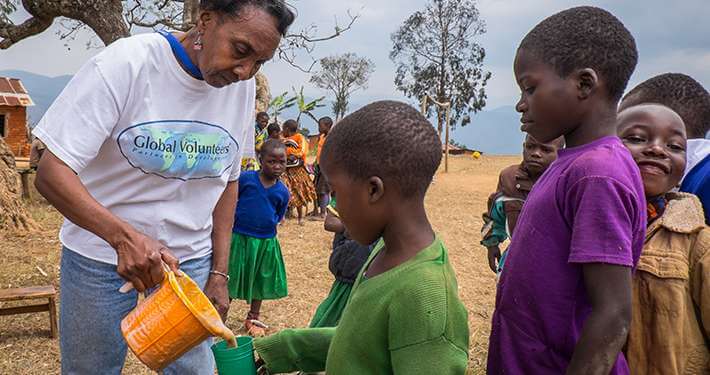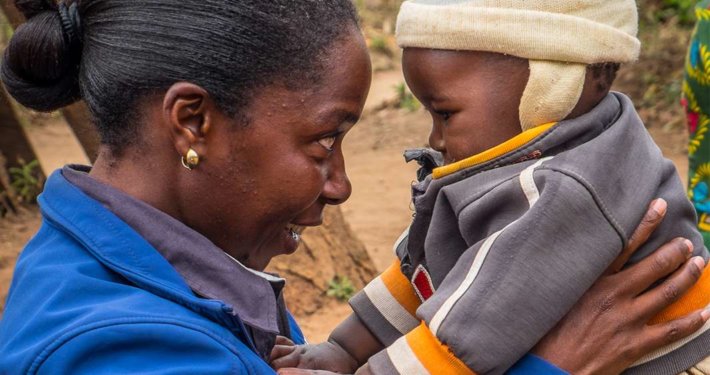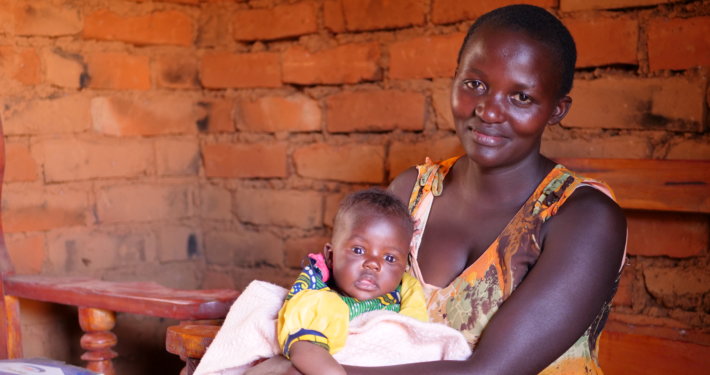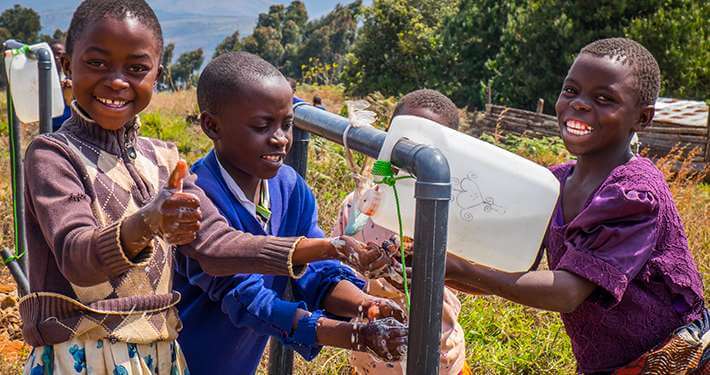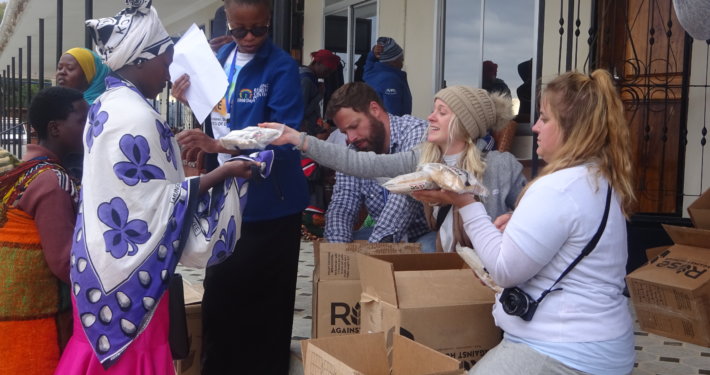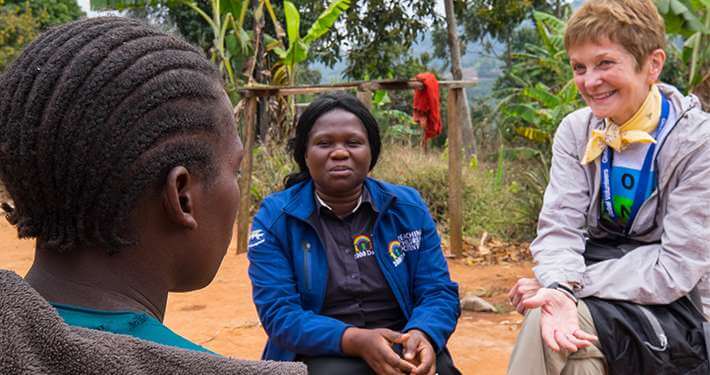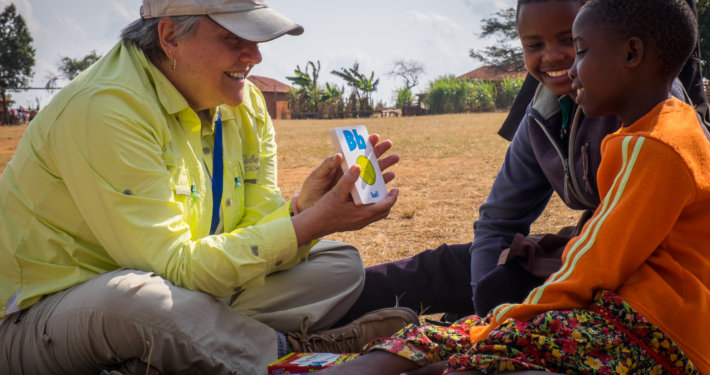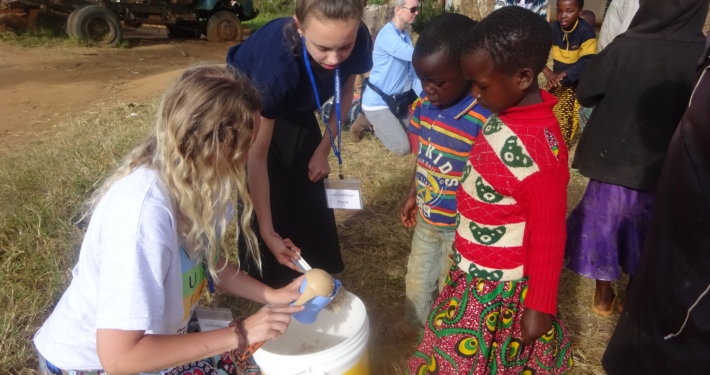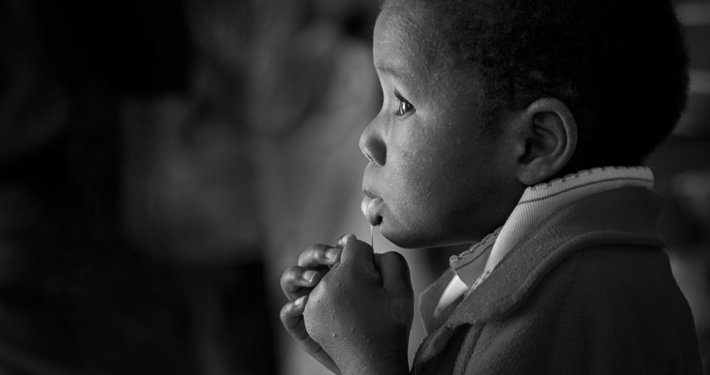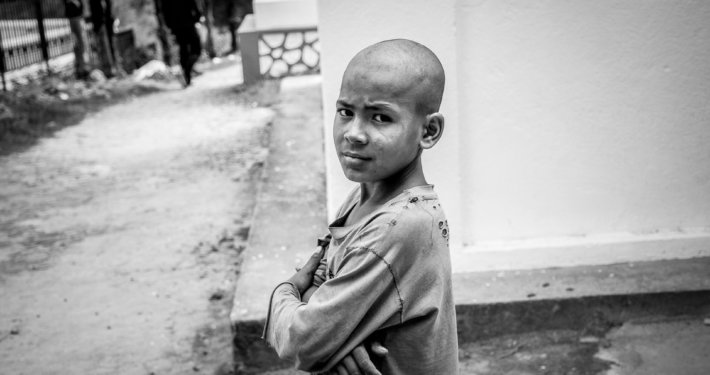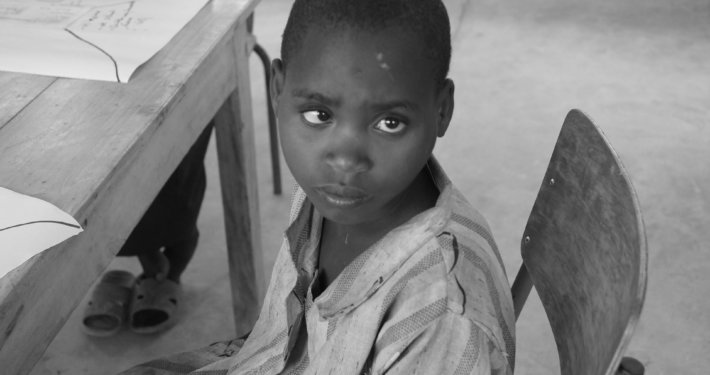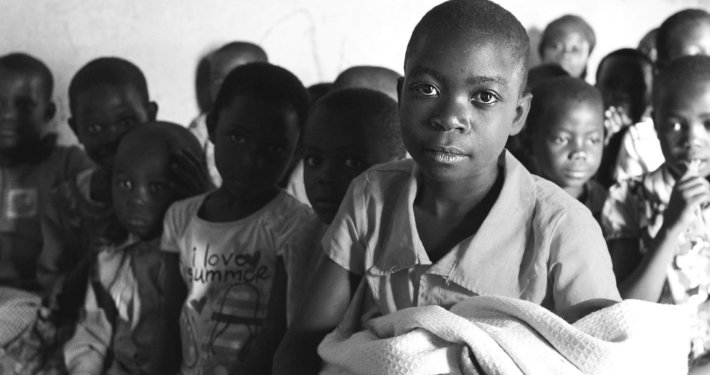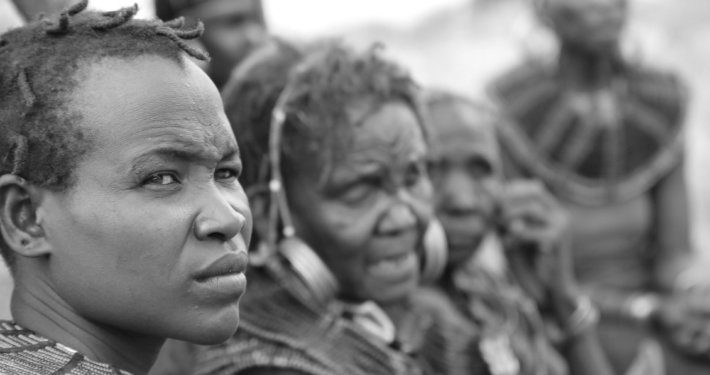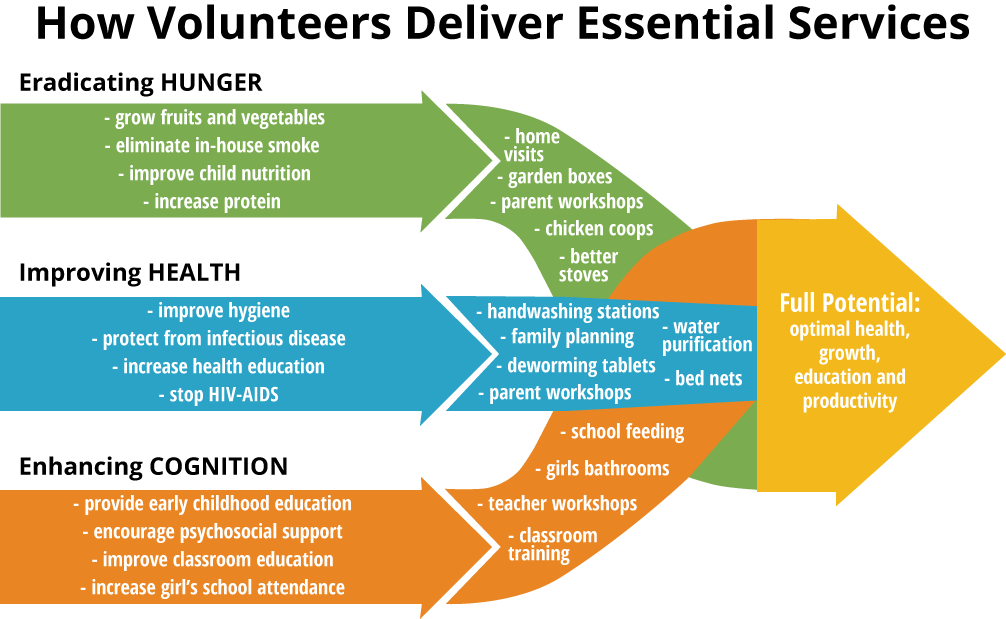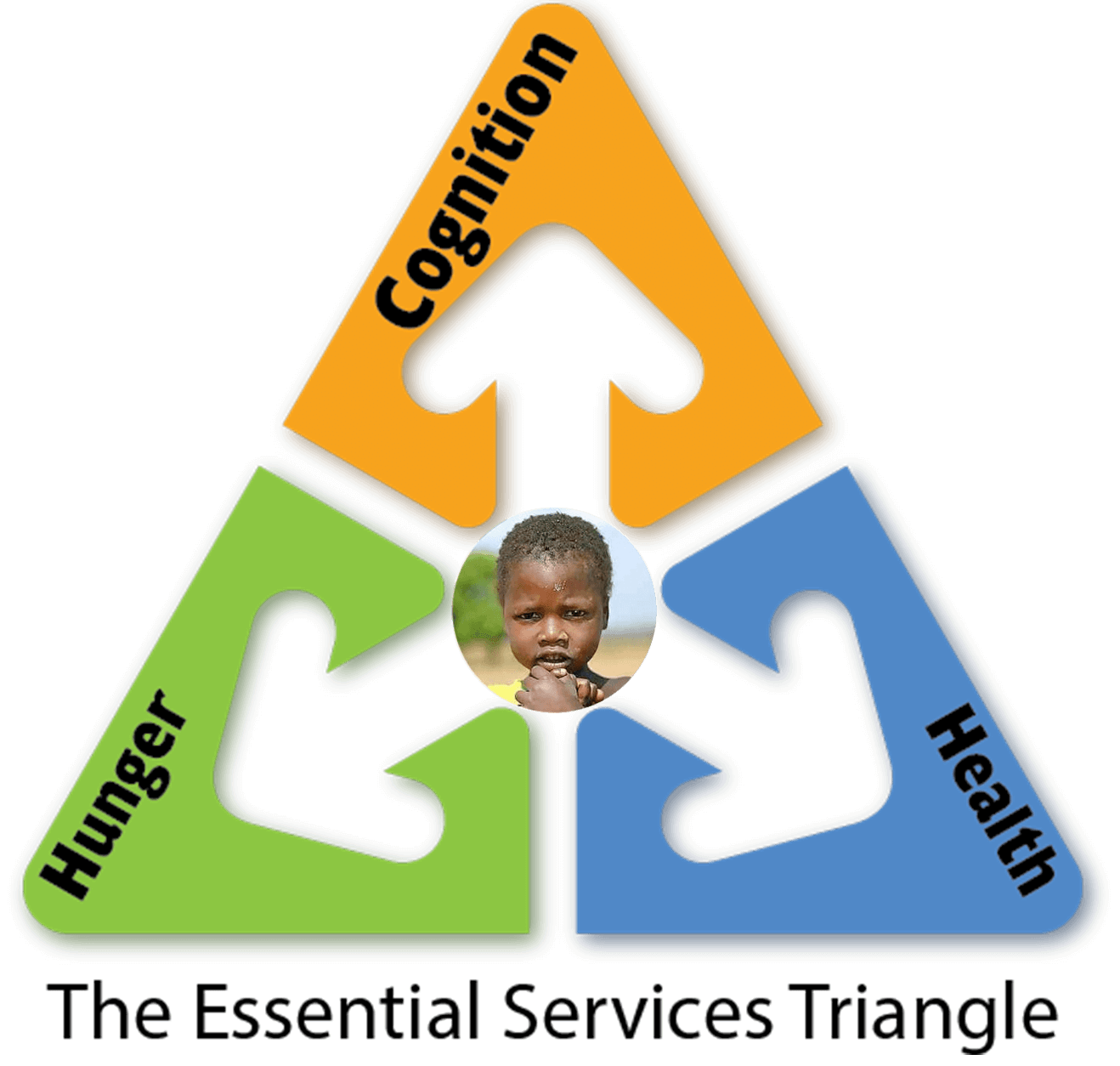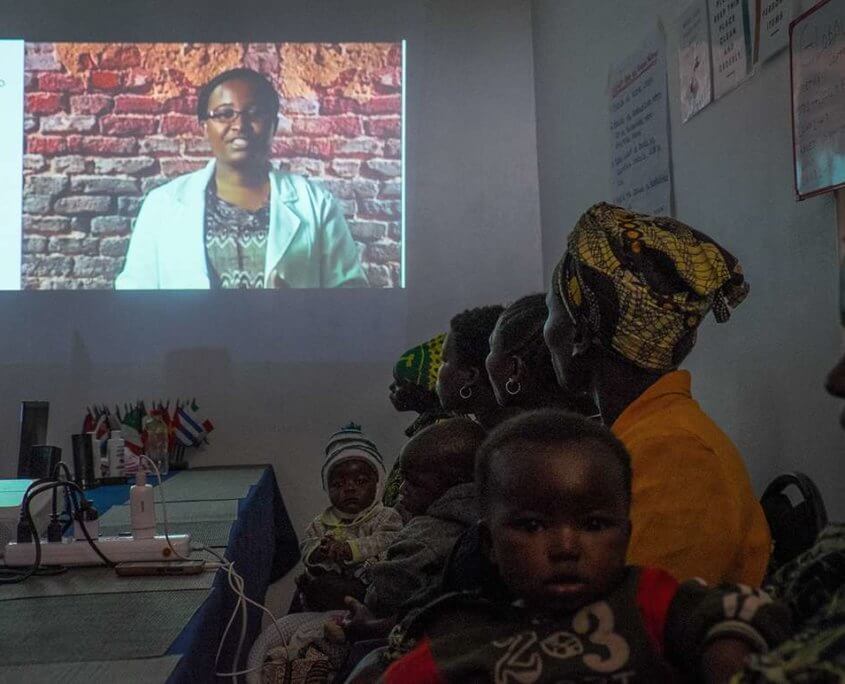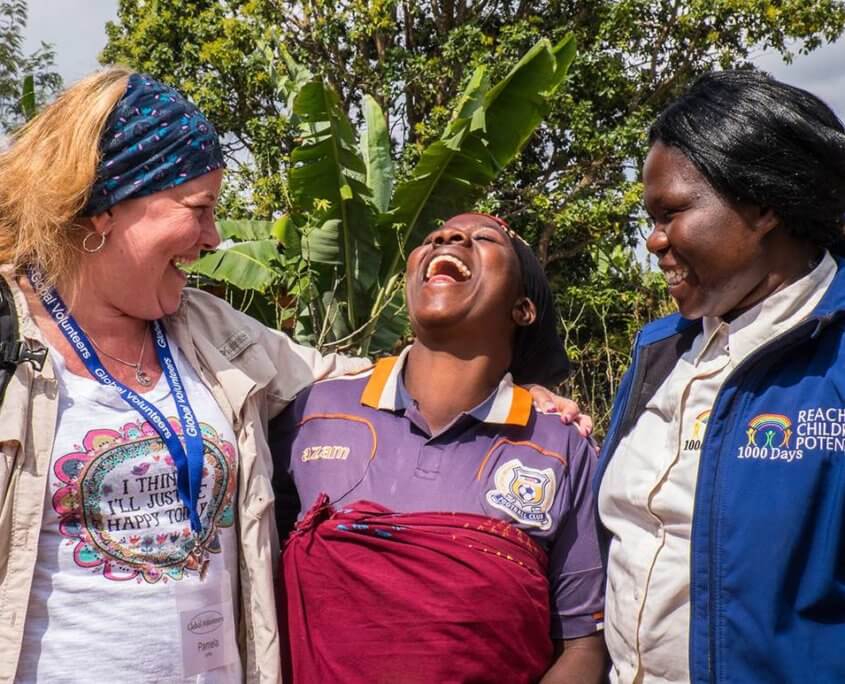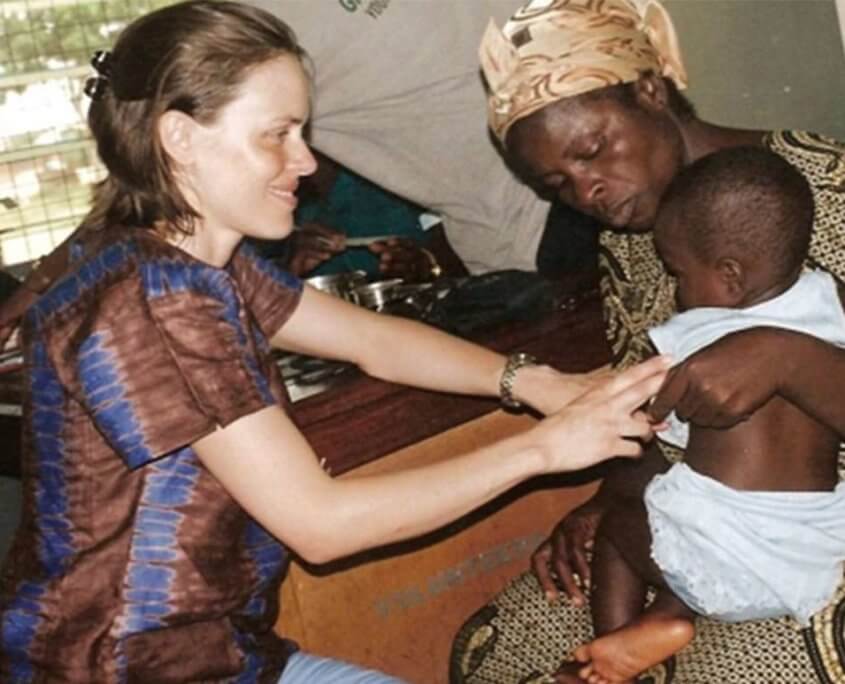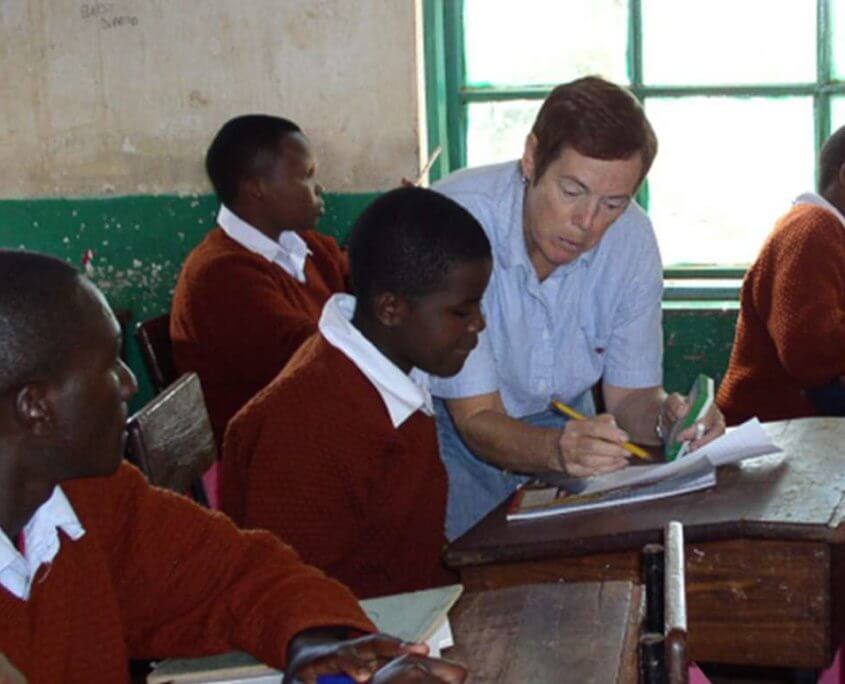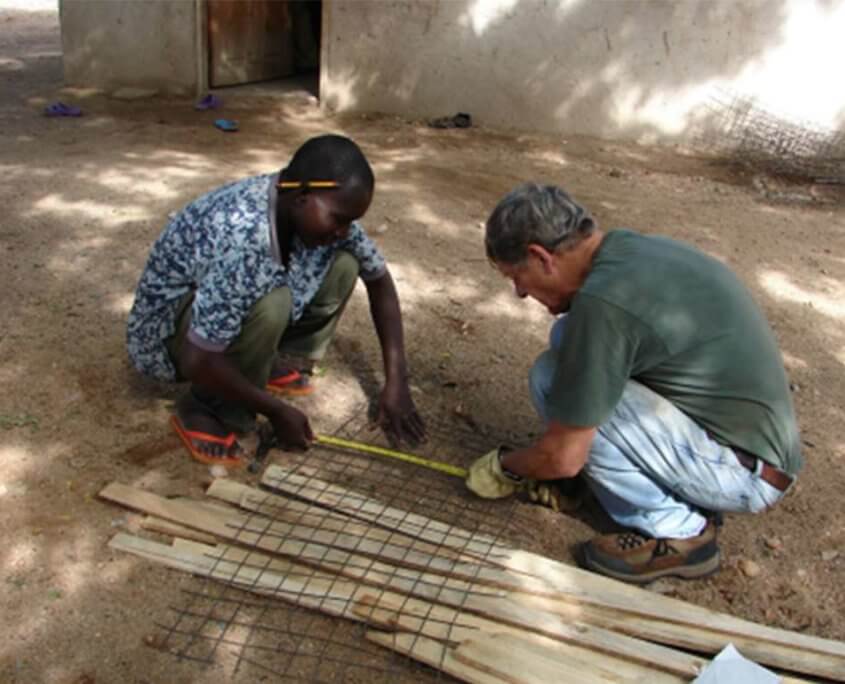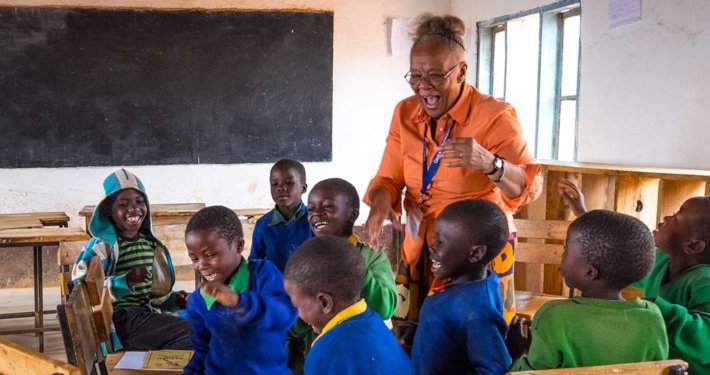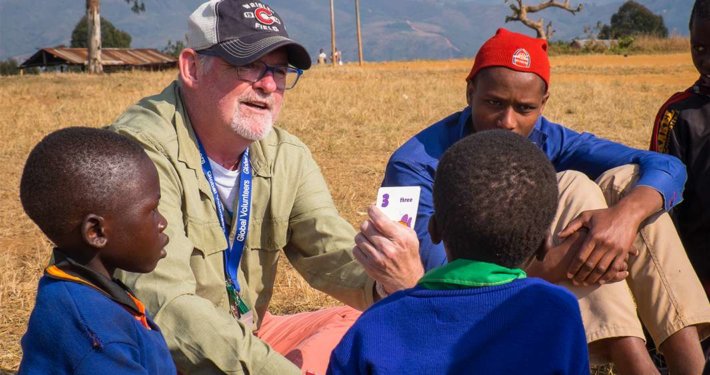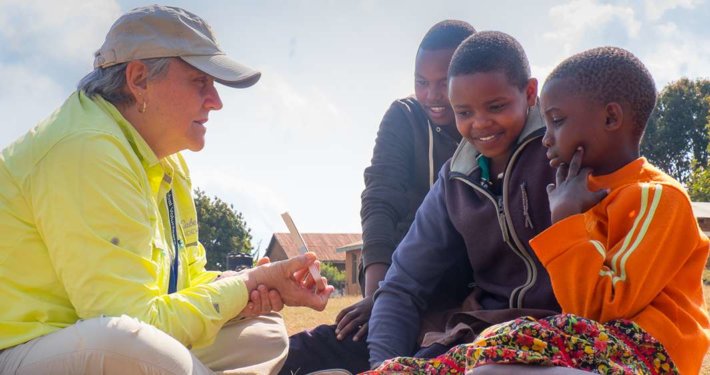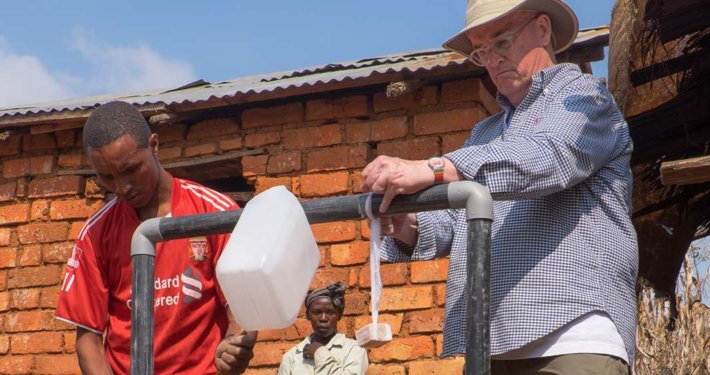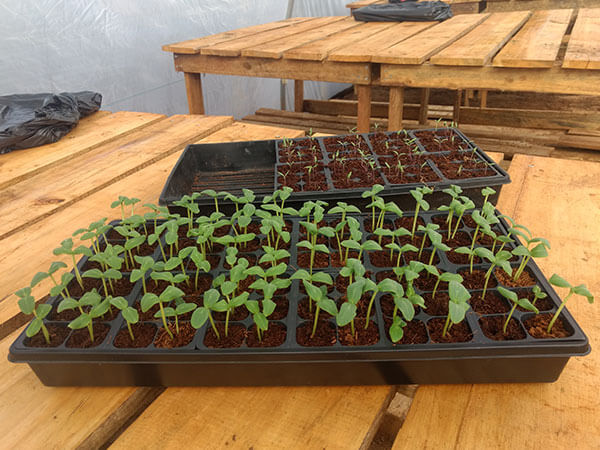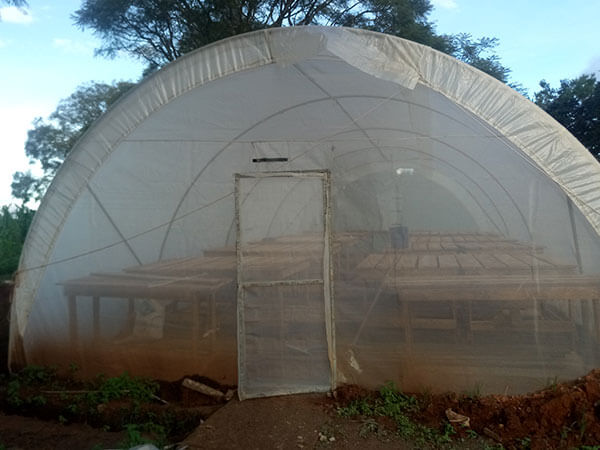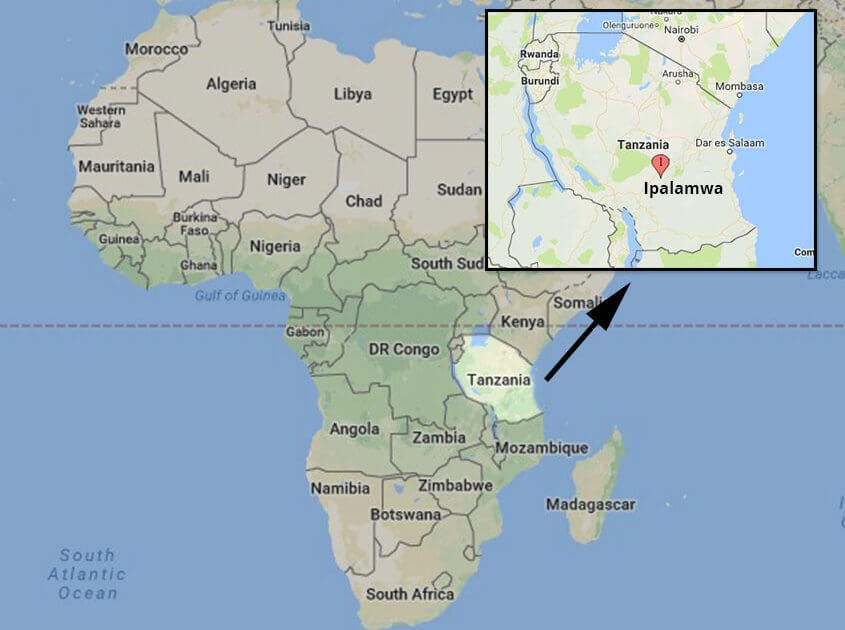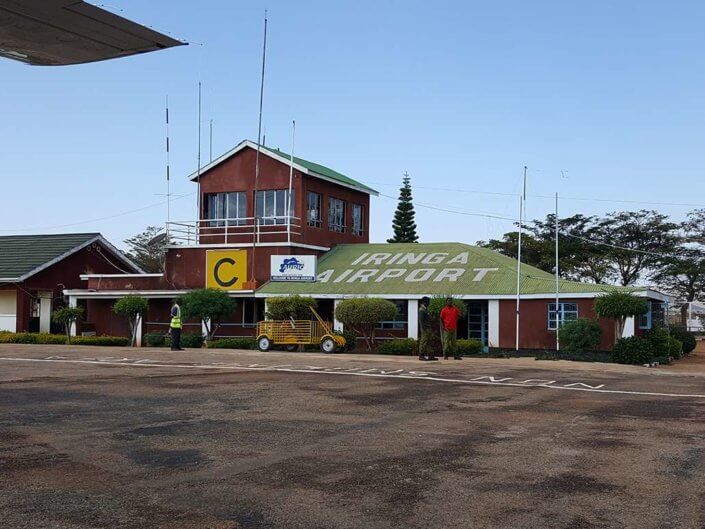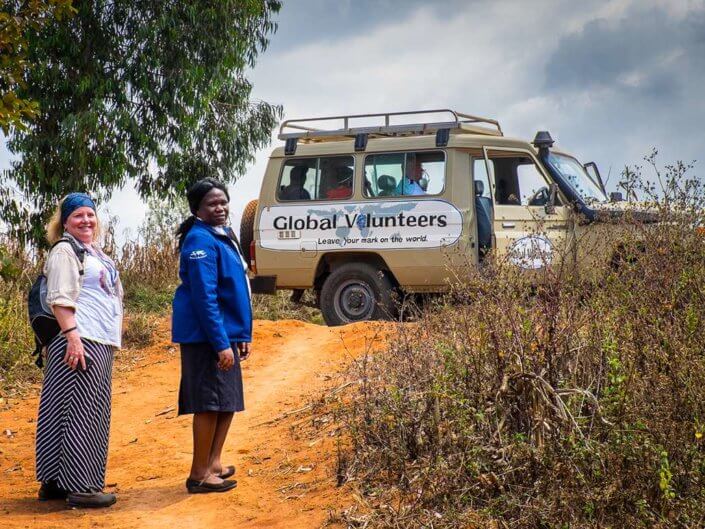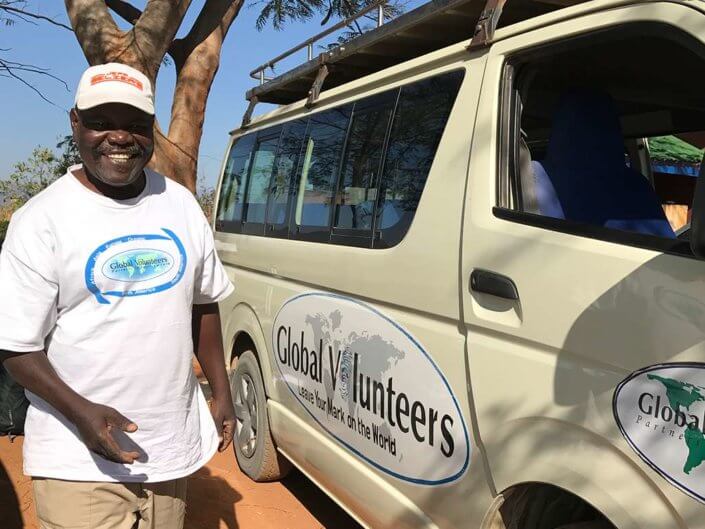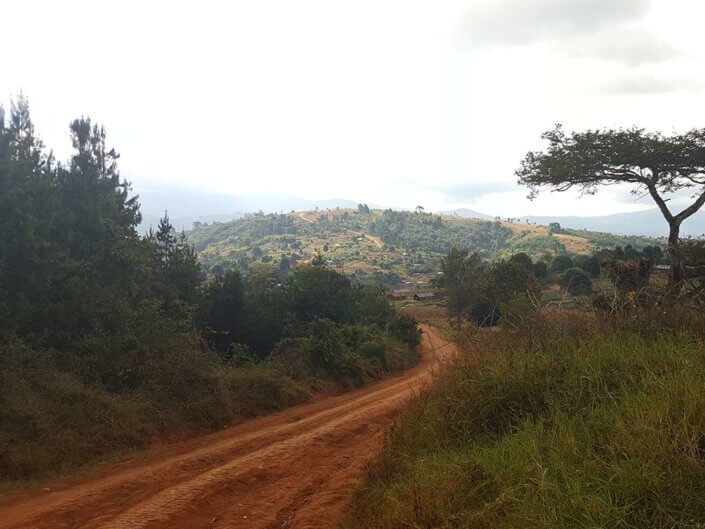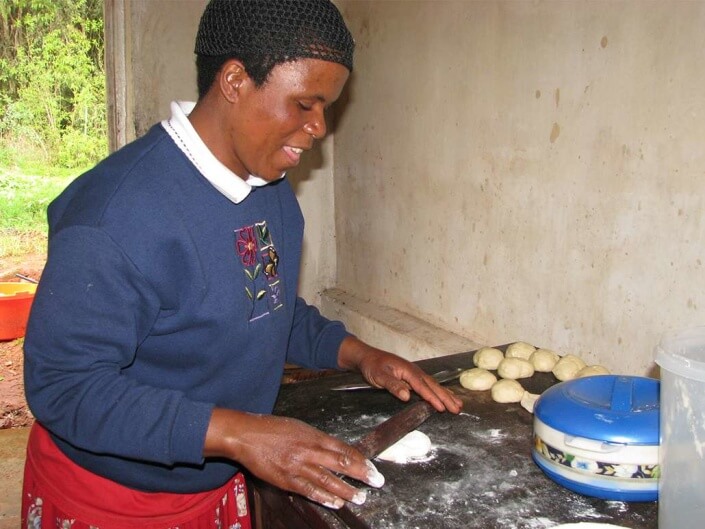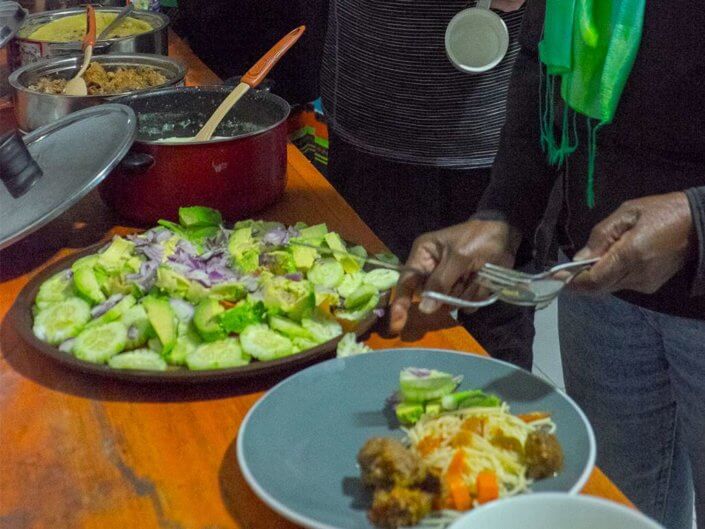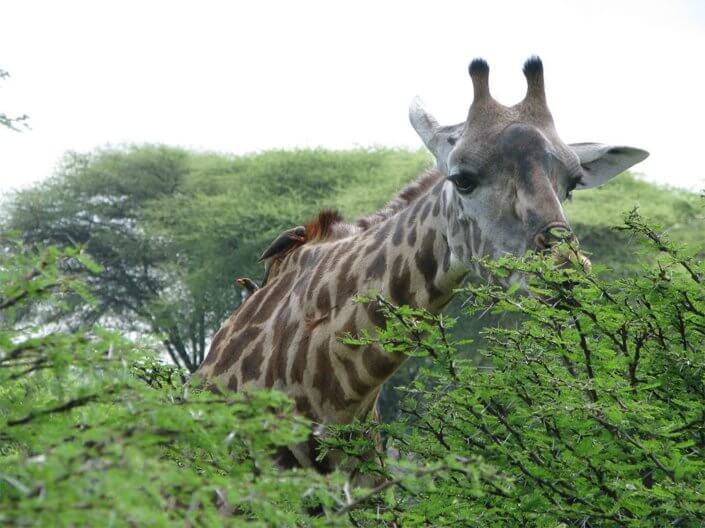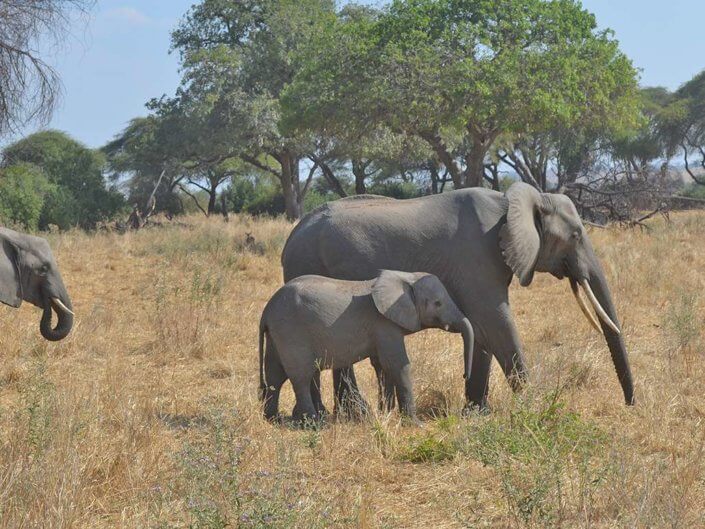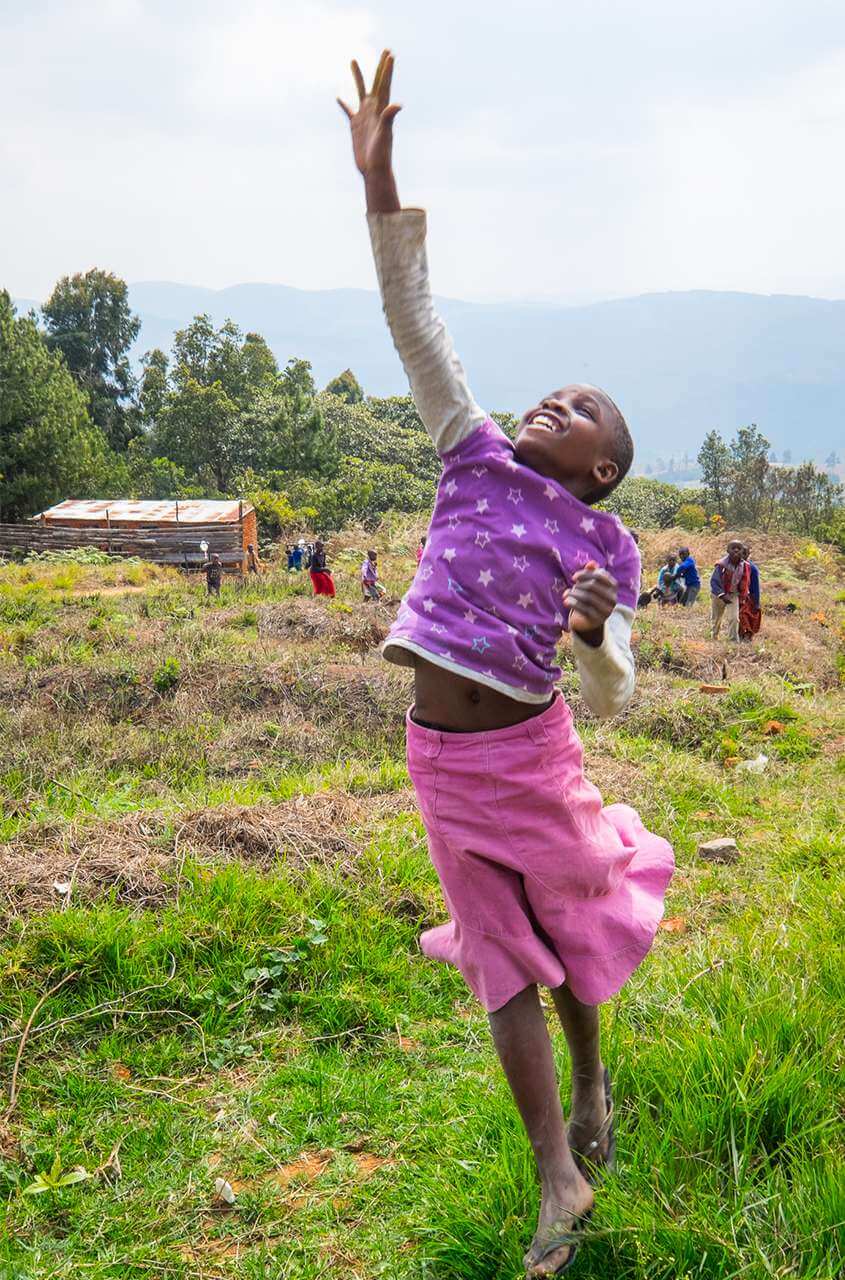Volunteers:
- Work under the direction of local leaders and hand-in-hand with local staff;
- Possess necessary expertise;
- Share their skills and knowledge at the community and household levels;
- Help families apply their new knowledge and technology;
- Encourage children and offer inspiring role models;
- Do not cost anything (no paid compensation and they cover their own expenses);
- Donate money that helps keep the program funded over the long-term;
- Bring materials that are scarce in-country, and
- Are plentiful.
With three decades’ experience engaging 34, 000 volunteers on six continents in 34 countries, Global Volunteers has proven the efficacy of short-term volunteers. For example, when we started working in St. Lucia in 2012, the Anse-la-Raye primary school was ranked 70th out of 89 schools on the island. Five years and several hundred volunteers later, this school ranks 9th in the country. We do not take credit for this remarkable achievement; it was the students, teachers and parents who did all the difficult work. However, this example indicates the type of positive affect short-term volunteers can offer a community. Further, the University of Minnesota’s Humphrey School of Public Affairs evaluated Global Volunteers St. Lucia RCP program and reported the program was highly valued by the local participants and identified garden boxes and parent meetings/workshops as the most popular components.13
The United Nations concurs in recognizing the importance and constructive engagement of volunteers in development policies and programs.14 The UN reports that, “volunteerism (is) an essential component for the sustainable, equitable progress of communities and nations, ” and is crucial to human development. 15 Moreover, in the absence of volunteers, it is not possible to get all the necessary work accomplished. Volunteers are the missing resource; there simply are not enough government or private sector resources to achieve what needs to be done. Global Volunteers know how to effectively engage volunteers. That is why we are taking the lead on eliminating stunting and unleashing untapped human potential.
We have started this program in rural Tanzania. Taking our learnings from five years of work in St. Lucia, and in cooperation with our longtime partner, the Evangelical Lutheran Church in Tanzania (ELCT-IRD), Global Volunteers is in the early stages of conducting RCP programs in 200 villages in the Iringa Region of Tanzania. We will demonstrate that stunting can be eliminated with the intervention of short-term volunteers working under the direction of local leaders, and hand-in-hand with parents and caregivers. When this demonstration is successful, we will encourage other NGOs to work with us as we expand the program worldwide.
Nearly one million Americans volunteer internationally every year, most for two to four weeks.16 With sufficient funding, we can recruit 18, 000 volunteers annually to serve 200 villages during the initial phase of the Tanzania demonstration, increasing from 100 volunteers in the first year. Because the Tanzania RCP Demonstration Program enables volunteers and donors to directly and dramatically change the arc of the life of a child and the face of the planet, we expect widespread participation.

